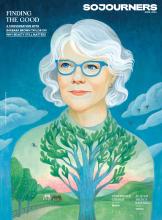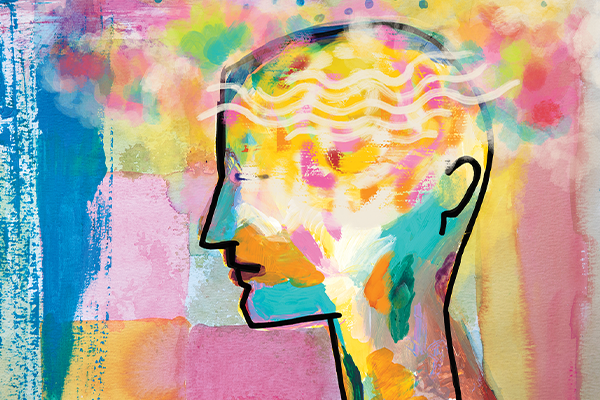AS A BLACK Puerto Rican, I grew up in a household that was as complex as a telenovela plotline. We lived within the intricate dance of traditional values. Mom ran the household with the precision of a general and the grace of a loving host, while Dad had veto power that he exercised sparingly. Like many women of her time, Mom was constrained by cultural narratives that persist today. Yet her wisdom taught me how the presence of power can move in the world in a way that signifies the divine. It was powerful — not in a forceful manner, but powerful like that dark invisible matter that holds the universe together.
Being curious and conversant with this divine love has helped me situate myself daily to decenter my machismo. Machismo, a close relative of patriarchy — but with a Spanish accent — is something I confront daily. Thankfully, I am married to someone who reminds me that her presence will not be a mere vapor in the world. Without this built-in community at home and church, I find, like many, that I can continue to externalize the work of justice: That is, I can be critical of systems and name what is wrong but unintentionally perpetuate the same injustices in my marriage or in my parenting.
The writer bell hooks has been instructive to me. She was a scholar and womanist who never wrote about the household as separate from a new vision of the world. In The Will to Change, she wrote, “The crisis facing men ... is the crisis of patriarchal masculinity. ... Our sons learn the code early and well, don’t cry, don’t be vulnerable; don’t show weakness — ultimately, don’t show that you care.” This book, with its invitation to dismantle toxic masculinity, is indispensable to the work of justice.
Read the Full Article

